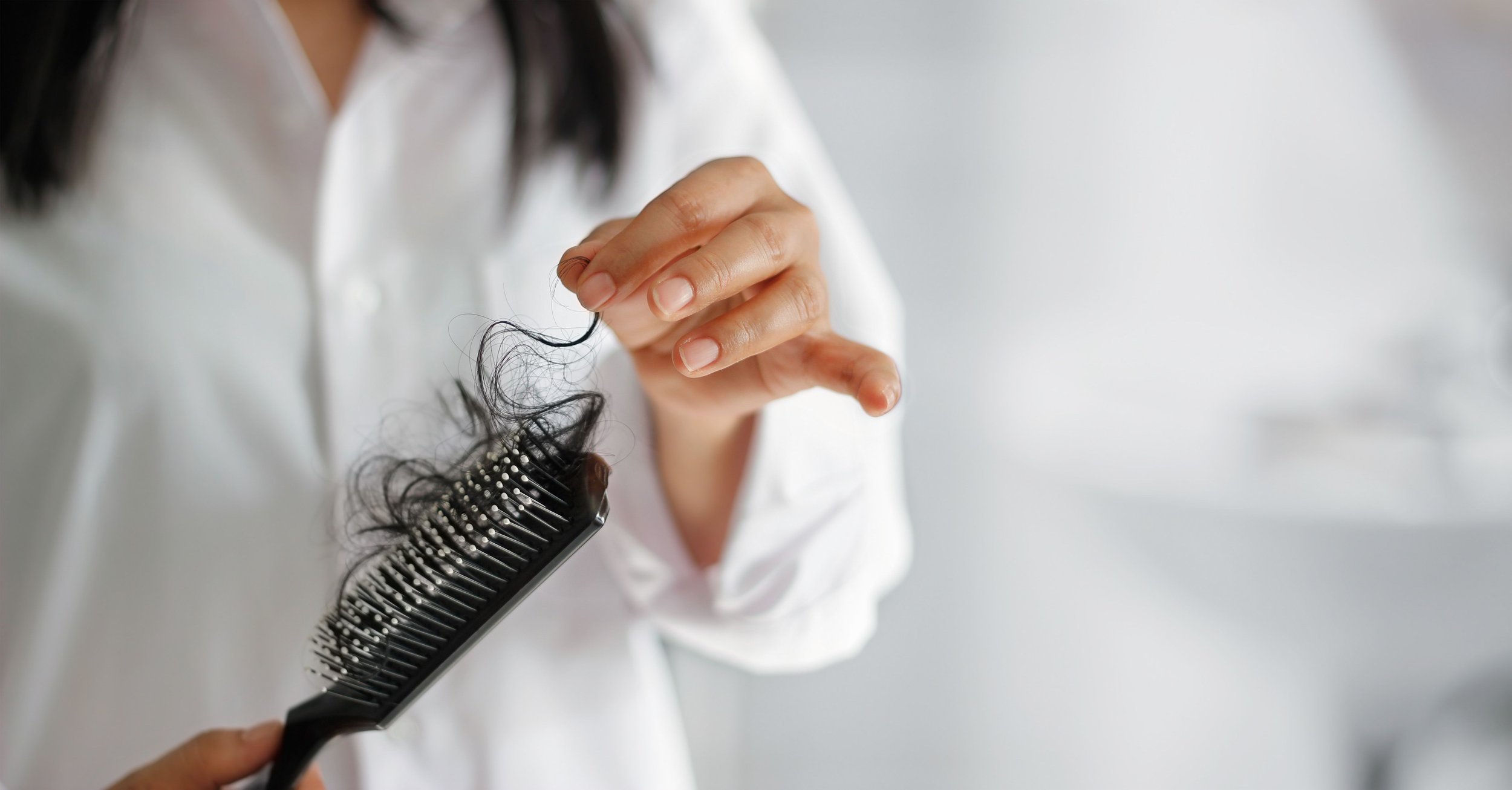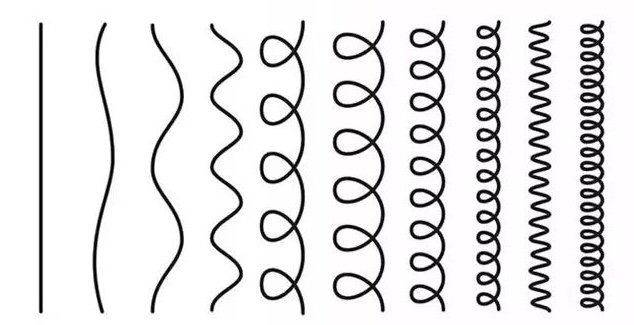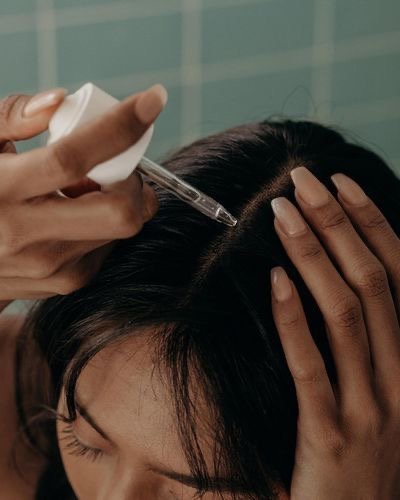Navigating Menopause: A Comprehensive Guide to Hair Care and Its Implications
Menopause is a natural stage in a woman's life. While menopause brings about various changes in the body, one area often overlooked is its effect on the hair. Fluctuating hormone level menopause can lead to significant changes in hair texture, thickness, and overall hair health. In this blog post, we will explore how menopause can affect your hair and provide practical hair care tips to help you manage these changes.
Thinning Hair:
One of the most common hair-related issues during menopause is thinning hair. As estrogen levels decline, hair follicles may become smaller, resulting in hair that appears thinner and less voluminous. Additionally, reduced estrogen can lead to a shorter hair growth cycle and delayed hair regrowth. To address thinning hair, consider these tips:
- Ensure you acquire an adequate supply of magnesium, as a deficiency in this essential mineral can hinder the growth of hair follicles, resulting in weaker and thinner hair strands.
- Opt for volumising shampoos and conditioners to give your hair a fuller appearance.
- Use styling techniques like blow-drying and volumising products to add lift and body.
- K18 will be your friend.
Maturing Hairline:
Some women may experience thinning of their hair, while others may notice changes in their hairline with menopause, most women’s hair does begin to thin out overall. Most women who experience hair loss initially notice thinning around the hairline and near the temples – which is referred to as a maturing hairline.
There is encouraging news: you have the potential to revitalize your hair and minimize hair loss. By making certain adjustments in your lifestyle, such as modifying your diet, increasing physical activity, effectively managing stress, or trying different hair products and supplements, you can embark on a journey towards better hair care.
Dryness and Brittle Hair:
During menopause, decreased estrogen levels can reduce sebum production, producing dry and brittle hair. This lack of moisture can make the hair prone to breakage and split ends. To combat dryness and maintain healthy hair:
- Use moisturising shampoos and conditioners specifically formulated for dry or damaged hair.
- Visit the salon for our intense moisture treatment.
- Limit the use of heat styling tools and protect your hair with heat-protectant oil and creams when styling.
- Incorporate hair masks or deep conditioning treatments into your hair care routine to provide added hydration.
- Avoid over-washing your hair, as it can strip away natural oils. Aim to wash every other day or as needed.
Changes in Texture:
Hormonal fluctuations during menopause can cause changes in hair texture, often resulting in coarser or frizzier hair. Embracing your new hair texture and adjusting your routine can help you manage these changes effectively:
- Use anti-frizz or smoothing products to tame.
- Consider haircuts or styles that work well with your new texture, such as layers or a shorter length.
- Experiment with different styling techniques, such as using a diffuser or curl-defining products to enhance your natural texture.
- Incorporate gentle brushing techniques and wide-toothed combs to minimise breakage and frizz.
Scalp Health:
Menopause can also impact the health of your scalp, leading to dryness, itchiness, or an increase in dandruff. To maintain a healthy scalp:
- Avoid using harsh shampoos or styling products that can strip away natural oils and irritate the scalp.
- Gently exfoliate your scalp once a week to remove buildup and promote better circulation.
- Incorporate scalp treatments or oils containing ingredients like tea tree oil or aloe vera to soothe and moisturise the scalp.
- Maintain a balanced diet of vitamins and minerals to promote overall hair and scalp health.
Conclusion:
To summarise, we've explored the importance of understanding this life change.
Menopause is a significant life transition for women that can change various aspects of hair health. Understanding how menopause affects your hair and implementing the appropriate care routine can help you manage these changes.
Together, let's we can help one another with relieving some of the issues we may face.
If you have any tips, please share them below, and if you liked this blog post, please share with a friend.






